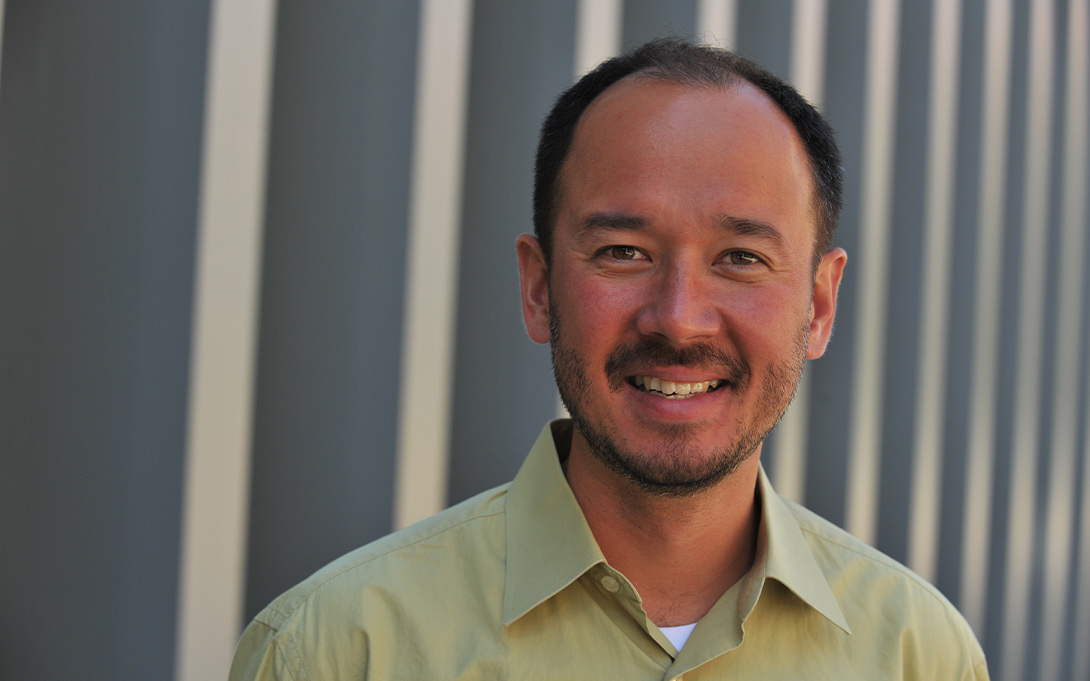
When Cyclone Idai struck Mozambique in March, 2019, it was the most destructive cyclone ever recorded in Africa, displacing 127,500 and affecting 1.85 million people. Beyond the initial short-term impact, medium-term food insecurity and risk of waterborne diseases such as cholera loomed.
Ford School public policy and economics professor Dean Yang and his research team were conducting a randomized controlled trial (RCT) measuring the impacts of a USAID-funded community health and development program, and the decision was made to pivot that study to learn how communities recover from a disaster and whether the program made communities more resilient. Yang’s research team conducted a survey administered from May to November 2019, just after the disaster, which sheds light on the immediate impacts.
Yang is the Principal Investigator on the study, as part of the “Feed the Future Innovation Lab for Markets, Risk and Resilience (MRR)” program at USAID. With partners in the Mozambican Ministry of Health, Hamilton College and the University of California–Davis, the research team will study this tragedy to understand how community health and development programs might enhance resilience and to field test an expanded measure of resilience.
“Our work can identify specific policies that can help communities recover more quickly and completely after disasters,” says Yang. “Sub-Saharan Africa is one of the most disaster-prone regions of the planet, and finding ways to improve post-disaster recovery could also promote longer-run economic development on the continent.”
The study will carry out two additional follow-up surveys one and two years after Cyclone Idai with families who participated in the previous study, seeking to shed light on three important and related questions about the dynamics of poverty and resilience.
First, how resilient are communities in the face of a major natural disaster? Second, how can we best define and measure resilience? Third, to what extent does a health and development program improve resilience in the wake of a major disaster like Cyclone Idai?
This project aims not only to provide evidence on whether and how health and development programs help improve post-disaster resilience, but also to shed light on the particular mechanisms that build resilience. Evidence on resilience from Mozambique can create new opportunities to develop programming that promotes resilience that is critical region-wide.
For a complete description of the project, click here and here.
Dean Yang is a professor of public policy and economics. His research is on the economic problems of developing countries. His specific areas of interest include: international migration, microfinance, health, corruption, political economy, and the economics of disasters. Dean teaches a Ford School course on the economics of developing countries, as well as a PhD course in development economics. He received his undergraduate and PhD degrees in economics from Harvard University.